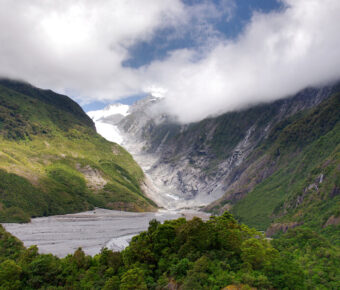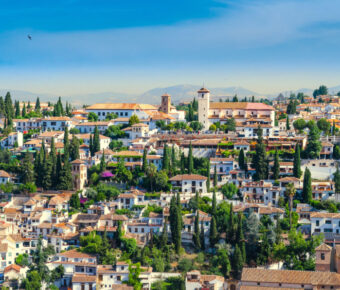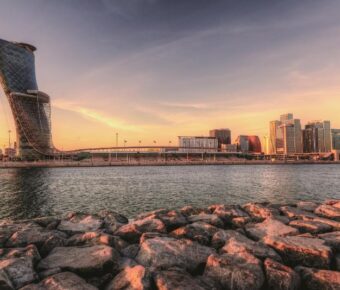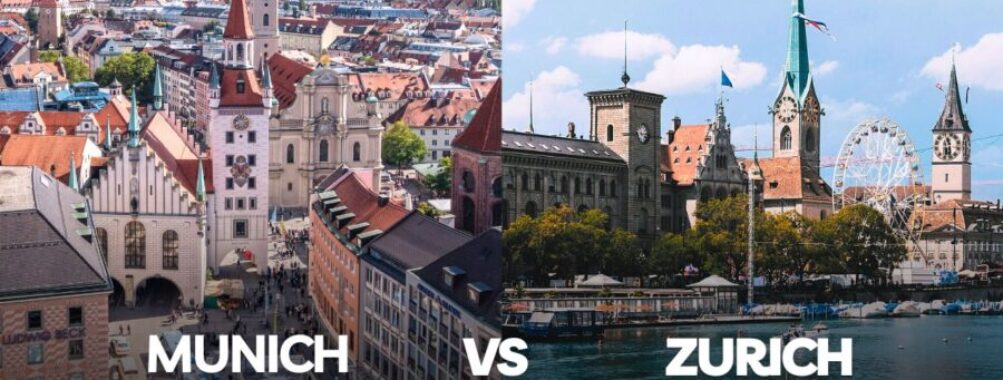
Munich vs Zurich: Which European City Offers Better Quality of Life in 2025?
Munich and Zurich are two of Europe’s most captivating cities, each with distinct character and charm. For travelers deciding between these destinations in 2025, Munich offers better value, more vibrant culture, and livelier experiences at a lower cost than Zurich. The Bavarian capital draws visitors with its rich history, world-famous beer halls, and energetic atmosphere.
Both cities shine with their mix of old-world charm and modern sophistication. Munich welcomes tourists with its warm hospitality and festive spirit, while Zurich dazzles with its pristine lake views and Swiss precision. Munich’s larger size brings more diverse attractions and a bigger cultural scene, plus its central location makes it perfect for exploring other European destinations.
Contents
- Geographical Comparison and Climate
- Topography and Natural Beauty
- Climate and Average Temperature
- Cultural Insights: Munich and Zurich
- Historical Overview
- Arts and Museums
- Festivals and Events
- Urban Exploration: City Attractions and Sightseeing
- Munich Highlights
- Zurich Highlights
- Living in Munich vs Zurich
- Cost of Living Comparison
- Housing and Accommodation Variance
- Family-Friendly Living
- Epicurean Journey: Food, Drinks, and Nightlife
- Local Cuisine Comparison
- Cafe Culture and Nightlife
- Transportation Systems and Accessibility
- Public Transport Network
- Ease of Movement Between Cities
- Shopping and Leisure: Retail Therapy and Recreation
- High-End Boutiques and Shopping Centers
- Outdoor Recreation and Hiking Trails
- Making the Most of Your Visit: Tips and Tricks
- Travel Itineraries and Must-See Attractions
- Cost-Saving Strategies for Tourists
- Frequently Asked Questions
- What are the key cultural differences between Munich and Zurich should travelers be aware of?
- How do the public transportation options in Munich compare to those in Zurich for tourists?
- What unique attractions can visitors experience when choosing between a stay in Munich or Zurich?
- What are the considerations for expats when deciding whether to settle in Munich or Zurich?
- In terms of dining experiences, how does the culinary scene in Munich differ from Zurich’s?
- Considering the distance and travel time, what are the pros and cons of a day trip from Munich to Zurich?
- More Travel Guides
Geographical Comparison and Climate
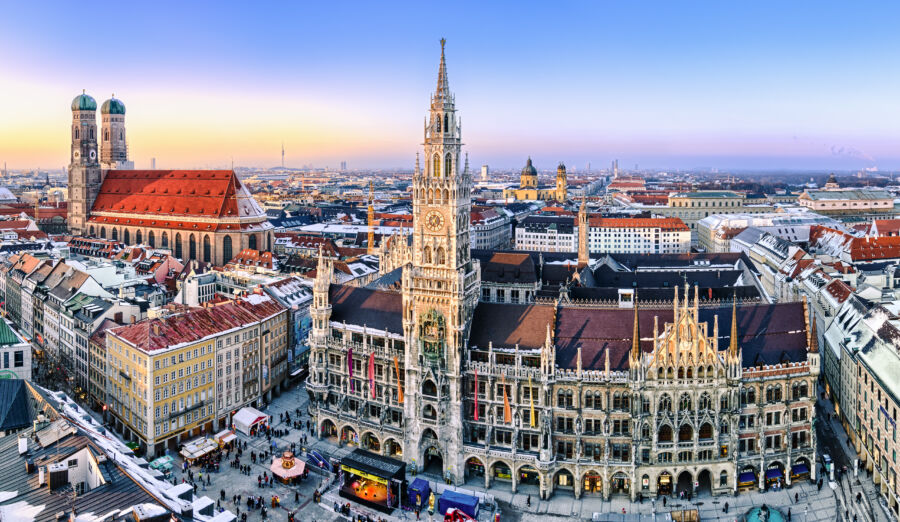
Munich and Zurich are located in stunning alpine regions with distinct geographic features and weather patterns that shape daily life. Due to their proximity, the cities share similar climates, yet each offers unique natural attractions.
Topography and Natural Beauty
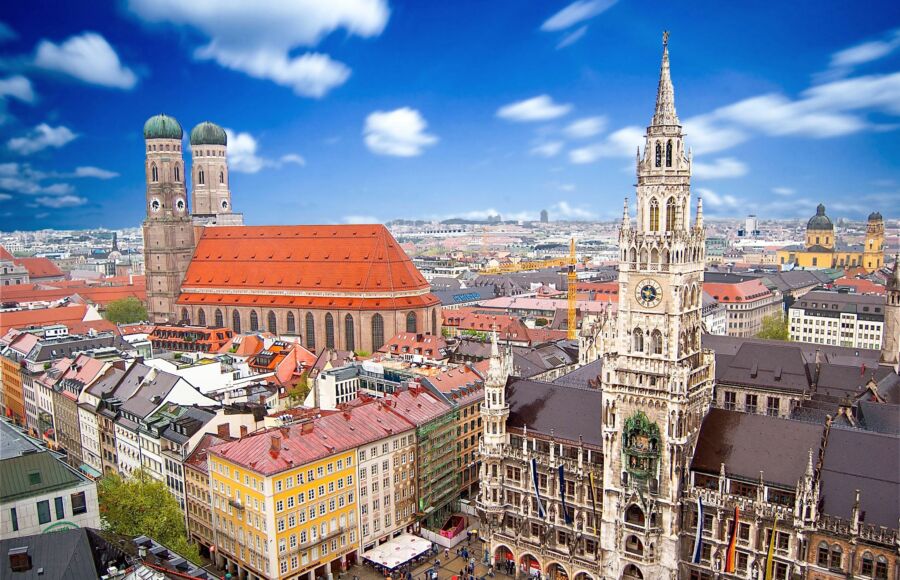
Munich lies on a flat plain called the Munich Basin, about 520 meters above sea level. The city’s landscape features the Isar River flowing through its center, and on clear days, the Alps are visible about 50km south.
Lake Zurich, stretching along its eastern edge, defines much of the city’s geography. The city rises from the lake’s northern end into rolling hills, creating a natural amphitheater effect.
Both cities serve as gateways to the Alps. From Zurich, you can reach popular Swiss peaks in under two hours. Munich offers easy access to Germany’s highest mountain, Zugspitze, and the Bavarian Alps.
Climate and Average Temperature

Munich experiences slightly more temperature swings than Zurich throughout the year. Summer highs in Munich reach about 24°C (75°F), while winter lows drop to around -2°C (28°F).
Thanks to Lake Zurich’s influence, the city stays somewhat moderate. Summer temperatures peak around 23°C (73°F), and winter lows rarely fall below 0°C (32°F).
Rain patterns differ between the cities. Munich gets most of its precipitation in summer, often as dramatic afternoon thunderstorms. Zurich sees more consistent rainfall year-round, with an average of 1,100mm annually compared to Munich’s 950mm.
Both cities enjoy plenty of sunny days, with Munich averaging 1,700 hours of sunshine annually and Zurich about 1,550 hours.
Cultural Insights: Munich and Zurich
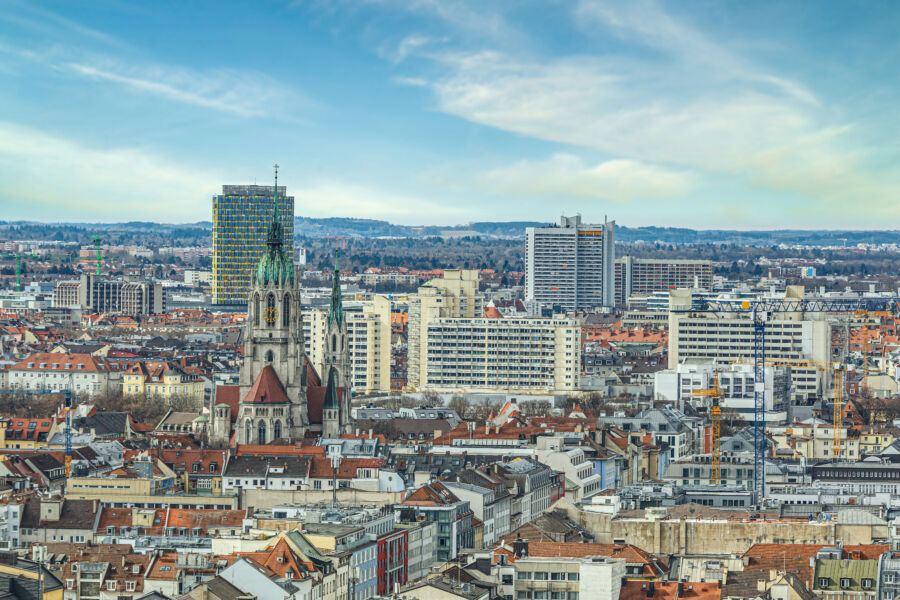
Both cities hold rich cultural treasures that reflect their unique histories and traditions, from grand palaces to world-class museums and vibrant festivals that bring their streets to life.
Historical Overview
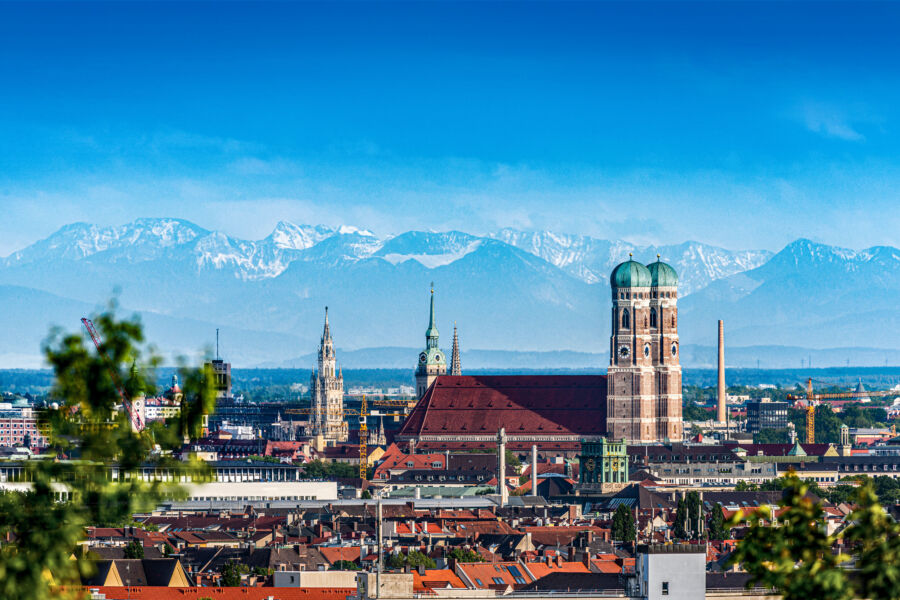
Munich’s story begins in 1158 as a medieval trading post. The city grew into Bavaria’s royal capital, with the stunning Munich Residenz as home to Bavarian rulers for centuries. The palace shows off amazing artwork and royal treasures from different periods.
Zurich’s roots trace back to Roman times. The city became a major center during the Middle Ages and played a key role in the Protestant Reformation. The old town, called Altstadt, features beautiful medieval buildings and narrow cobblestone streets.
Arts and Museums
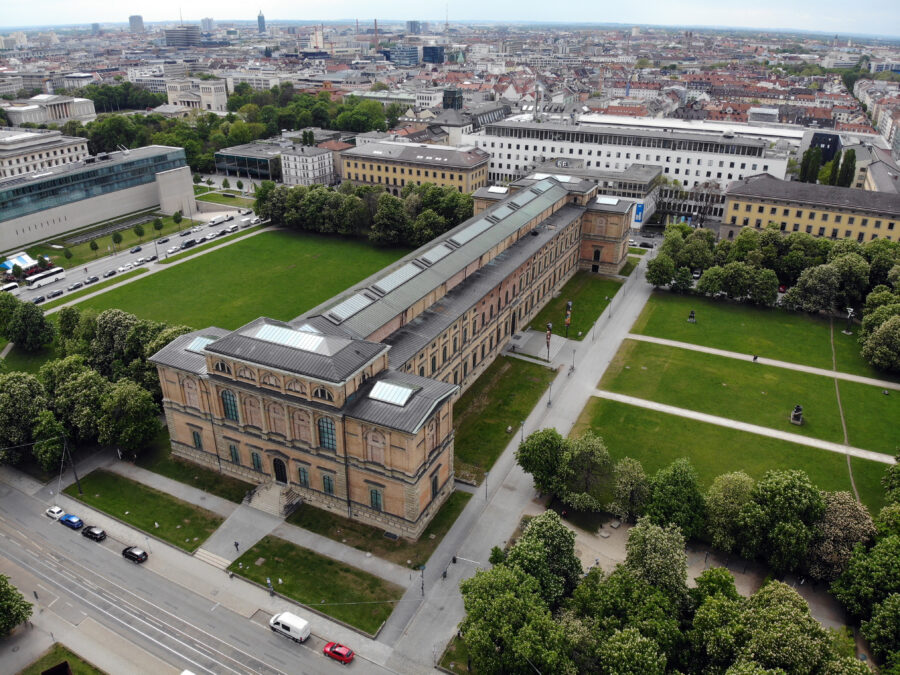
Munich’s Alte Pinakothek ranks among Europe’s oldest art galleries. It houses an amazing collection of European masterpieces from the 14th to the 18th centuries. The city has over 80 museums spread across its districts.
The Swiss National Museum in Zurich tells Switzerland’s cultural history through interesting exhibits. The building itself looks like a fairy-tale castle. The Kunsthaus Zurich shows off impressive modern art collections.
Local galleries in both cities support new artists and fresh ideas in art.
Festivals and Events
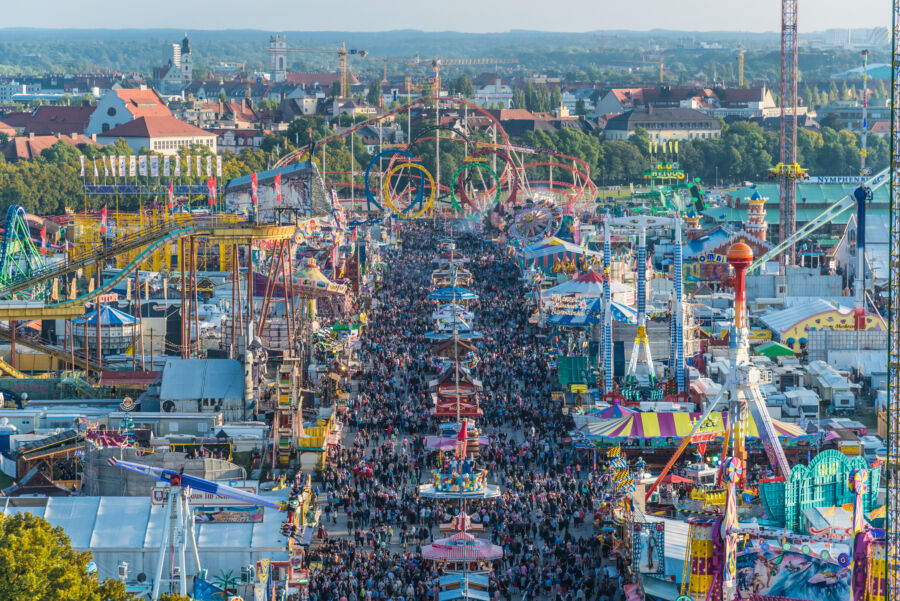
Munich’s Oktoberfest is the world’s largest folk festival. The 16-day celebration draws millions of visitors annually who enjoy Bavarian beer, food, and music. In winter, the city also hosts a magical Christmas market.
Zurich’s Street Parade in August draws huge crowds for electronic music and dancing. The city celebrates its culture with the Sechseläuten spring festival, where a snowman figure called the Böögg gets burned to predict summer weather.
Both cities offer special theater performances and music concerts throughout the year in beautiful historic venues.
Urban Exploration: City Attractions and Sightseeing

Munich and Zurich offer incredible city landmarks and architectural treasures showcasing their rich histories and cultures. Each city provides unique ways to experience local life and stunning views.
Munich Highlights

The heart of Munich beats at Marienplatz, the central square dominated by the stunning Neo-Gothic New Town Hall. Visitors can climb the tower for amazing city views, especially during sunset.
The majestic Nymphenburg Palace tours let travelers step into royal Bavarian history. Its sprawling gardens make perfect spots for afternoon walks.
The Viktualienmarkt food market buzzes with energy. This gourmet paradise features over 140 stalls selling local specialties, fresh produce, and Bavarian treats.
Olympic Park stands as a modern contrast to Munich’s traditional architecture. The site offers thrilling roof climbs and a rotating restaurant with 360-degree views across the city.
Zurich Highlights
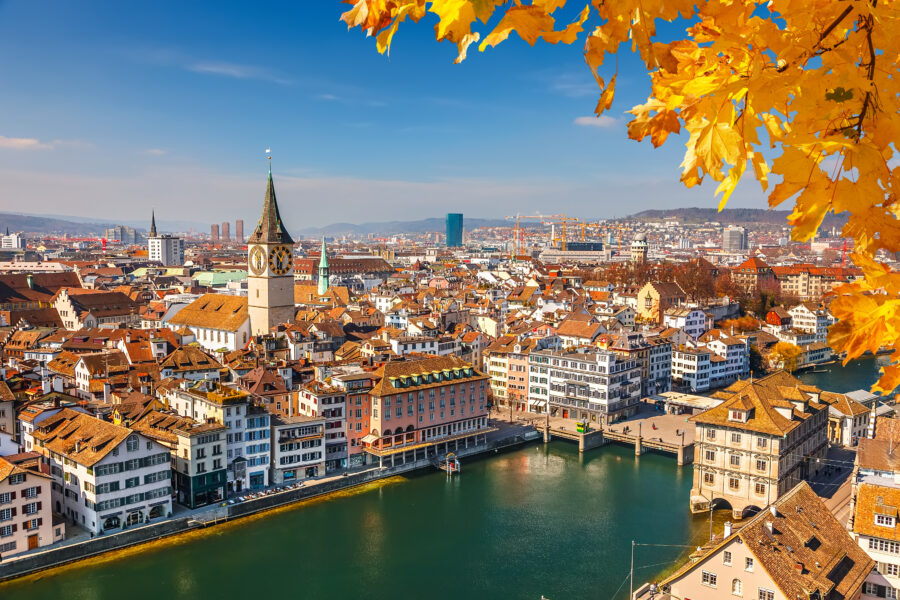
The twin towers of Grossmünster Cathedral define Zurich’s skyline. The Romanesque church tells stories through its stained glass windows and carved portals.
Walking tours through the Old Town reveal medieval houses and guild halls along narrow cobblestone streets.
Lake Zurich’s waterfront promenades offer peaceful walks with Alpine views. During warm months, the area comes alive with street performers and outdoor cafes.
The hip Zurich-West district shows the city’s modern face. Former factories now house art galleries, design shops, and trendy restaurants.
See Related: Munich vs Innsbruck: Key Differences to Know Before Your Alpine Adventure
Living in Munich vs Zurich
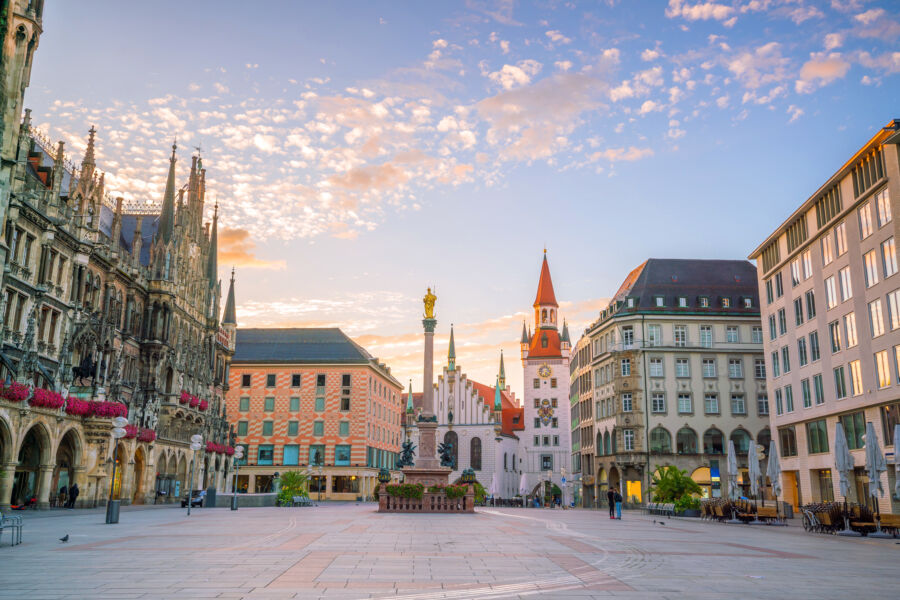
Munich and Zurich rank among Europe’s most desirable cities, offering distinct advantages for residents. Zurich tops the cost-of-living rankings, while Munich provides more affordable housing, transport, and daily expenses options.
Cost of Living Comparison

Life in Zurich costs about 66% more than in Munich. Monthly expenses for a person in Munich average €6,000, while maintaining the same lifestyle in Zurich requires around €9,412.
Public transport shows stark differences. Munich’s monthly passes cost €53.61, less than half of Zurich’s €101.07 fare.
Food shopping also stretches budgets differently. Zurich’s grocery prices are 57.5% higher than Munich’s typical rates, and dining out in Zurich restaurants costs nearly 50% more than similar meals in Munich.
The average salary in Zurich covers about 2 months of expenses. Munich salaries typically cover 1.6 months of costs.
Housing and Accommodation Variance
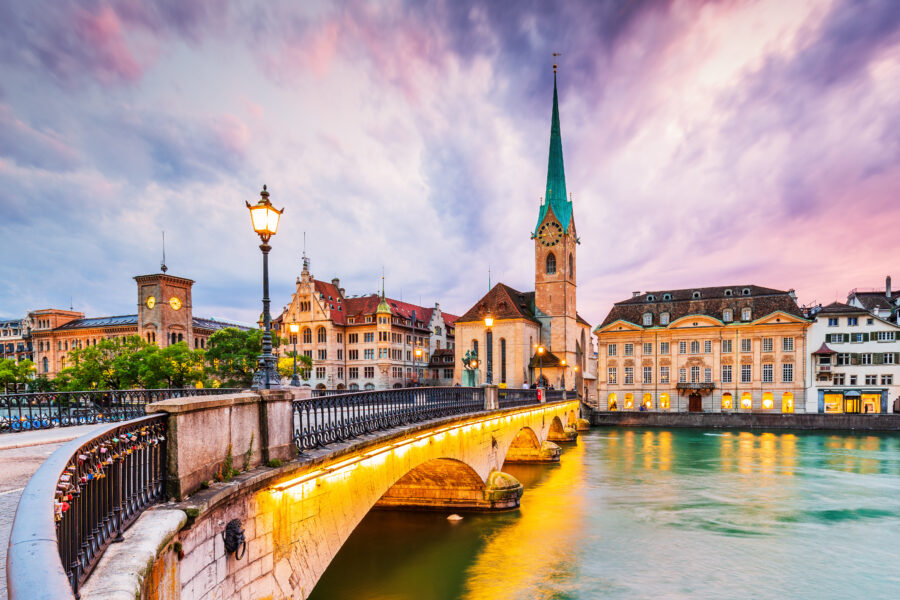
Real estate prices drive major cost differences between these cities. Zurich’s housing market runs 30% pricier than Munich’s competitive rates.
Rental costs vary by neighborhood and property type. A one-bedroom apartment in central Munich averages €1,800 monthly. Similar units in Zurich’s center command €2,340.
Most residents in both cities rent rather than buy due to high property values. Finding good housing requires patience and quick decision-making in these competitive markets.
Family-Friendly Living
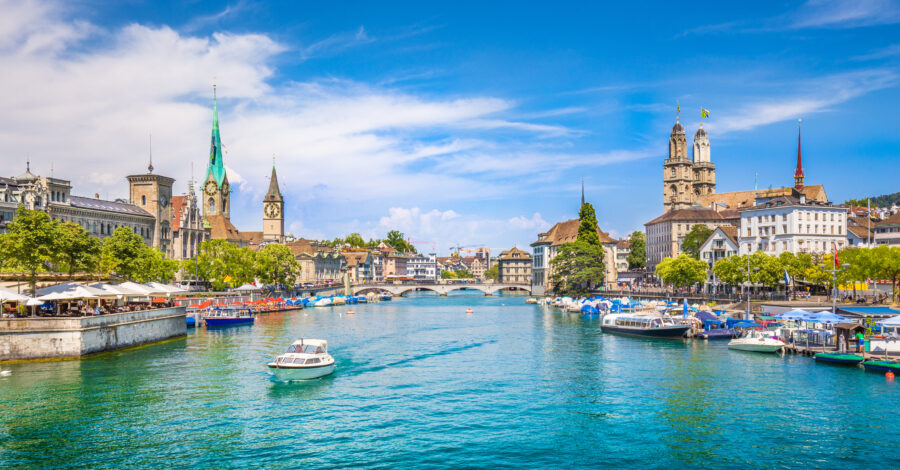
Both cities excel at supporting family life. Zurich’s childcare costs nearly triple Munich’s rates, but both offer high-quality options.
Munich has numerous parks, museums, and cultural activities that are perfect for kids. The English Garden provides endless outdoor recreation.
Schools in both cities maintain excellent standards. International schools serve expat families well, though waiting lists can be long.
Safe neighborhoods, clean streets, and reliable public transport make daily family routines manageable in both locations.
Epicurean Journey: Food, Drinks, and Nightlife

Both cities offer unique culinary experiences that blend traditional flavors with modern gastronomy. Munich shines with its beer hall culture and hearty Bavarian dishes, while Zurich dazzles with its refined dining scene and world-class chocolate.
Local Cuisine Comparison

Munich’s food scene centers around its famous Biergartens and traditional restaurants. The city serves up hearty Bavarian specialties like Weisswurst (white sausage), Schweinshaxe (pork knuckle), and fresh-baked Brezel (pretzels).
Zurich takes pride in its Swiss culinary heritage. The city’s signature dishes include Züri-Geschnetzeltes (sliced veal in cream sauce) and Raclette. Local chocolate shops like Sprüngli and Läderach offer some of the finest Swiss chocolates.
Street food markets add flavor to both cities. Munich’s Viktualienmarkt sells fresh produce and local snacks, while Zurich’s Street Food Festival brings global tastes to Swiss streets.
Cafe Culture and Nightlife

Munich’s beer halls define its nightlife. The Hofbräuhaus and Augustiner-Keller serve traditional brews in lively atmospheres. Live music and dancing keep these venues buzzing until late.
Zurich’s nightlife feels more upscale. Trendy bars in Zürich-West mix craft cocktails, while clubs near Langstrasse pump electronic beats till dawn.
Coffee culture differs between cities. Munich’s cafes serve rich tortes with strong coffee. Zurich’s lakeside cafes offer perfect spots for people-watching while sipping Swiss roasts.
Both cities maintain strict quality standards for food and drinks. Munich’s Reinheitsgebot (beer purity law) ensures top-quality brews, while Zurich’s restaurants follow precise Swiss standards.
Transportation Systems and Accessibility

Both Munich and Zurich rank among Europe’s best cities for getting around. Their reliable public transport networks make daily travel simple. These cities connect smoothly to other major destinations through high-speed rail and modern airports.
Public Transport Network
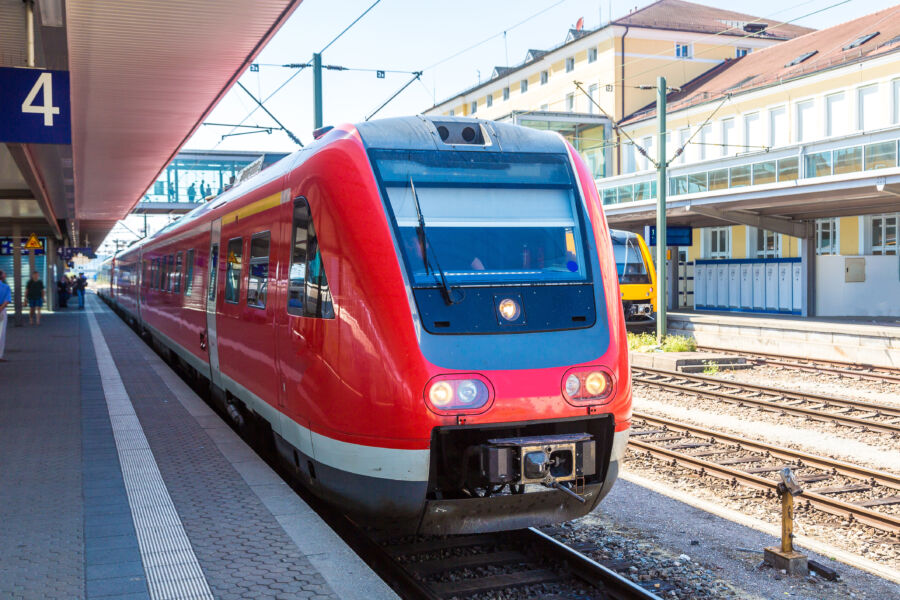
U-Bahn subway lines, S-Bahn suburban trains, trams, and buses that reach every city corner. Single-day tickets work across all transport types, making it easy to switch between them.
The MVV transit system runs from 4 AM until 1 AM on most routes. Many lines operate 24 hours on weekends to serve night owls and early birds.
Zurich’s network features clean, punctual trams, buses, and boat services on Lake Zurich. The ZVV transit system connects seamlessly with regional trains and buses.
Tickets in Zurich tend to cost more than in Munich, but the Swiss system is known for being more punctual. Most stations have digital displays showing real-time arrival times.
Ease of Movement Between Cities

Munich Airport sits 40 minutes from the city center via dedicated S-Bahn trains. The main train station offers direct high-speed rail connections to major European cities.
The train to Zurich’s airport takes 10 minutes from the central station. Frequent rail service links Zurich to other Swiss cities and neighboring countries.
Both cities serve as major transport hubs. Munich connects better to Eastern Europe, while Zurich provides faster access to Western Switzerland and Northern Italy.
Regular direct trains run between Munich and Zurich; the journey takes about 4 hours. Both cities offer car rentals and extensive highway networks for those who prefer driving.
See Related: The Top Vacation Spot in the World: Discover the Ultimate Destination
Shopping and Leisure: Retail Therapy and Recreation

Both Munich and Zurich shine as premier destinations for retail therapy and outdoor adventures, with each city offering distinctive experiences from luxury shopping to mountain trails.
High-End Boutiques and Shopping Centers

Munich’s Maximilianstrasse is a luxury shopping paradise with designer brands like Louis Vuitton and Gucci. The Kaufingerstrasse offers a mix of international retailers and local boutiques in charming historic buildings.
The Stachus Passagen, Europe’s largest underground shopping center, protects shoppers from Munich’s weather while housing over 250 stores.
Zurich’s Bahnhofstrasse ranks among the world’s most expensive shopping streets. The street sparkles with Swiss watch boutiques from Rolex to Patek Philippe, mixed with high-end jewelry stores.
The Sihlcity mall in Zurich combines shopping with entertainment, featuring a cinema complex and diverse dining options under one roof.
Outdoor Recreation and Hiking Trails
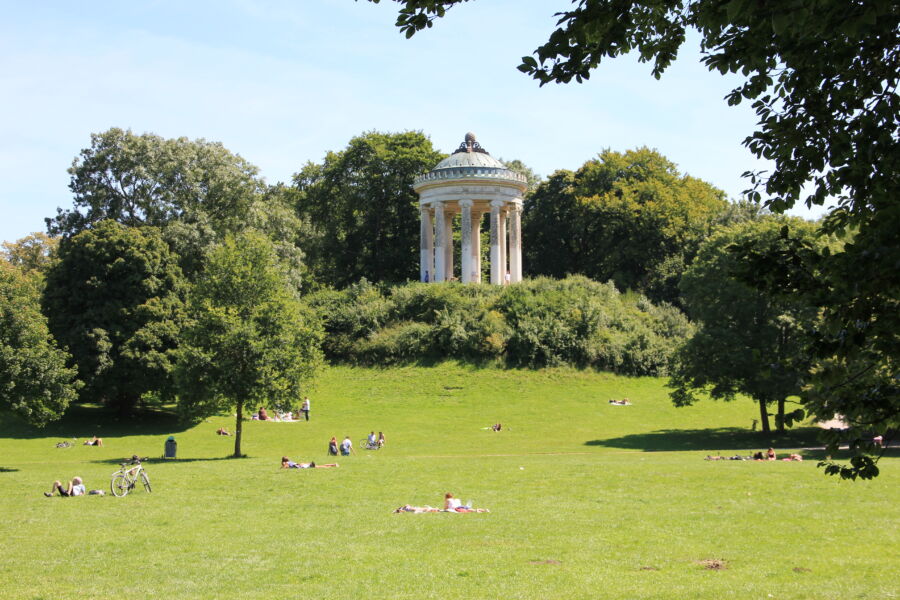
Munich’s English Garden presents 78 kilometers of walking paths through green meadows and wooded areas. The Isar River trails attract cyclists and joggers year-round.
The city’s proximity to the Alps means you can quickly access mountain hiking trails just an hour’s drive away.
Zurich sits beside its namesake lake, offering waterfront promenades and swimming spots. The Uetliberg mountain towers over the city with marked hiking trails and panoramic views.
The nearby Swiss Alps provide endless hiking options, from gentle nature walks to challenging mountain climbs. Many trails start right from Zurich’s public transport system.
Making the Most of Your Visit: Tips and Tricks
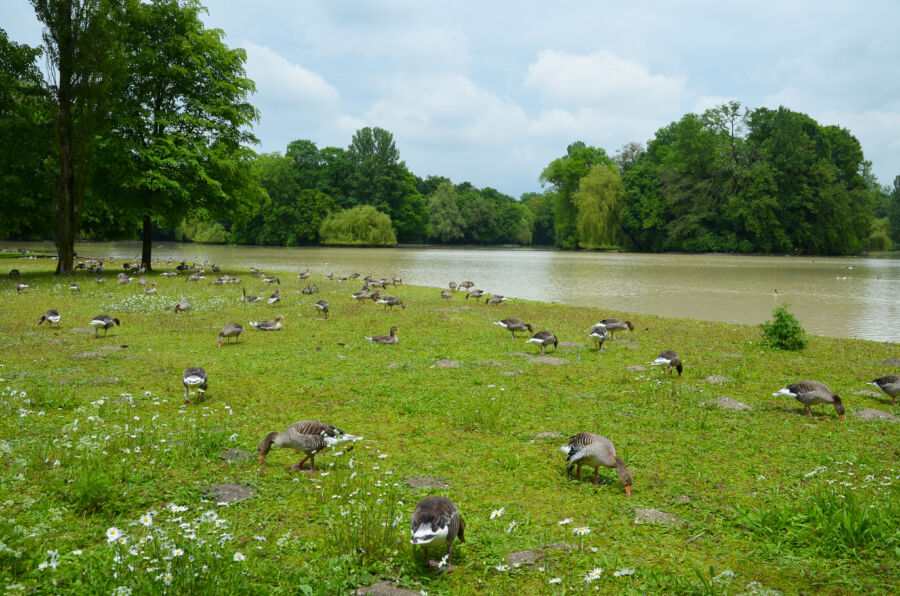
Smart planning and local insider knowledge can make a huge difference when visiting Munich or Zurich. Strategic choices about where to go and how to spend money will help create an unforgettable trip.
Travel Itineraries and Must-See Attractions

Munich’s top spots include the architectural marvel of BMW Welt and the bustling Marienplatz central square. Plan to spend at least 2-3 hours exploring each major site.
The English Garden offers a peaceful escape in Munich’s heart. Visit early in the morning to avoid crowds and catch locals surfing the artificial wave at Eisbach.
Zurich’s Old Town (Altstadt) demands a full morning of exploration. The winding medieval streets hide unique shops and cafes perfect for people-watching.
Lake Zurich’s waterfront promenade comes alive in summer. Take a boat cruise or rent a paddleboat for stunning Alps views.
Time-Saving Tips:
- Buy attraction tickets online in advance
- Use public transport day passes
- Visit popular spots early or late in the day
- Group nearby attractions together
Cost-Saving Strategies for Tourists
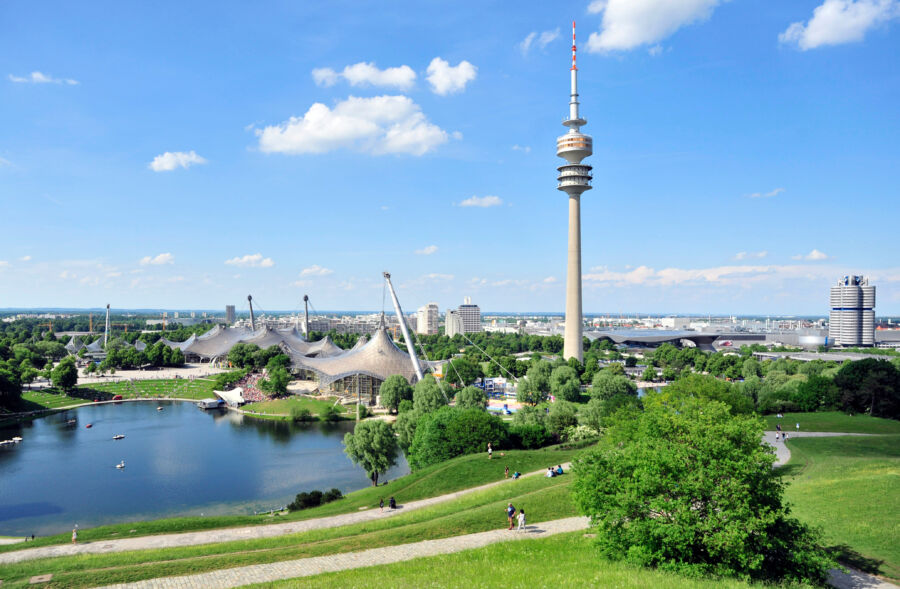
Both cities offer money-saving tourist cards. The Munich City Pass includes public transport and major attractions.
Stay in neighborhoods just outside city centers. Areas like Munich’s Schwabing or Zurich’s District 4 offer better value accommodations.
Food costs add up quickly. Try these budget-friendly options:
- Local markets and food halls
- Street food vendors
- Lunch specials at nice restaurants
- Picnics in parks
Save on shopping with VAT refunds. Keep receipts and ask stores about tax-free shopping for tourists.
Consider visiting during shoulder season (March-May or September-October) for lower prices on hotels and flights.
See Related: Munich vs Füssen: Key Differences Between Bavaria’s Most Enchanting Destinations
Frequently Asked Questions

Munich and Zurich each bring distinct flavors to European travel, from culture and transportation to food and lifestyle. These cities offer unique experiences that shape a traveler’s journey.
What are the key cultural differences between Munich and Zurich should travelers be aware of?
Munich embraces a laid-back Bavarian culture with strong traditions like Oktoberfest and beer gardens. People often gather outdoors to socialize and enjoy communal activities.
The city maintains a festive atmosphere throughout the year, with street musicians and performers adding life to its squares and parks.
Zurich reflects a more reserved Swiss culture that values precision and privacy. The city places greater emphasis on outdoor sports and wellness activities.
How do the public transportation options in Munich compare to those in Zurich for tourists?
Munich’s public transit system features an extensive network of U-Bahn trains, trams, and buses that connect all major attractions. Single-day tickets work across all forms of transport.
Zurich operates one of Europe’s most efficient transit systems, with trams and buses running like clockwork. The city’s main train station is a hub for exploring other Swiss destinations.
Both cities offer tourist cards that include unlimited public transport and free entry to many attractions.
What unique attractions can visitors experience when choosing between a stay in Munich or Zurich?
Munich draws visitors to its English Garden, one of the world’s largest urban parks. The city’s Residenz palace and Nymphenburg Castle showcase stunning Bavarian architecture.
Zurich’s Old Town features medieval churches and guild houses along the Limmat River. The Kunsthaus art museum houses an impressive collection of European art.
Lake Zurich offers boating and swimming in summer, while Munich’s beer halls provide year-round entertainment.
What are the considerations for expats when deciding whether to settle in Munich or Zurich?
Zurich tops global quality-of-life rankings but comes with higher living costs. Housing prices and daily expenses exceed those in most European cities.
Munich offers more affordable housing options and a larger job market, especially in the tech and automotive industries. It is also easier for English speakers to adjust to it.
Both cities provide excellent healthcare and education systems, though Zurich’s schools often teach in German and French.
In terms of dining experiences, how does the culinary scene in Munich differ from Zurich’s?
Munich specializes in hearty Bavarian dishes like schnitzel and pretzels. The city’s beer halls serve traditional food at reasonable prices.
Zurich offers high-end dining with Swiss and international cuisine. Local specialties include fondue and raclette, though restaurants tend to be more expensive.
Street food scenes differ too – Munich features more casual outdoor markets while Zurich focuses on gourmet food halls.
Considering the distance and travel time, what are the pros and cons of a day trip from Munich to Zurich?
The train ride between Munich and Zurich takes about 4 hours each way. This makes day trips possible but leaves limited time for sightseeing.
An early train allows for 6-8 hours of exploration in the destination city. The scenic route passes through beautiful Alpine landscapes.
Travel costs can be high for this journey. Booking tickets in advance helps save money on rail fares.
